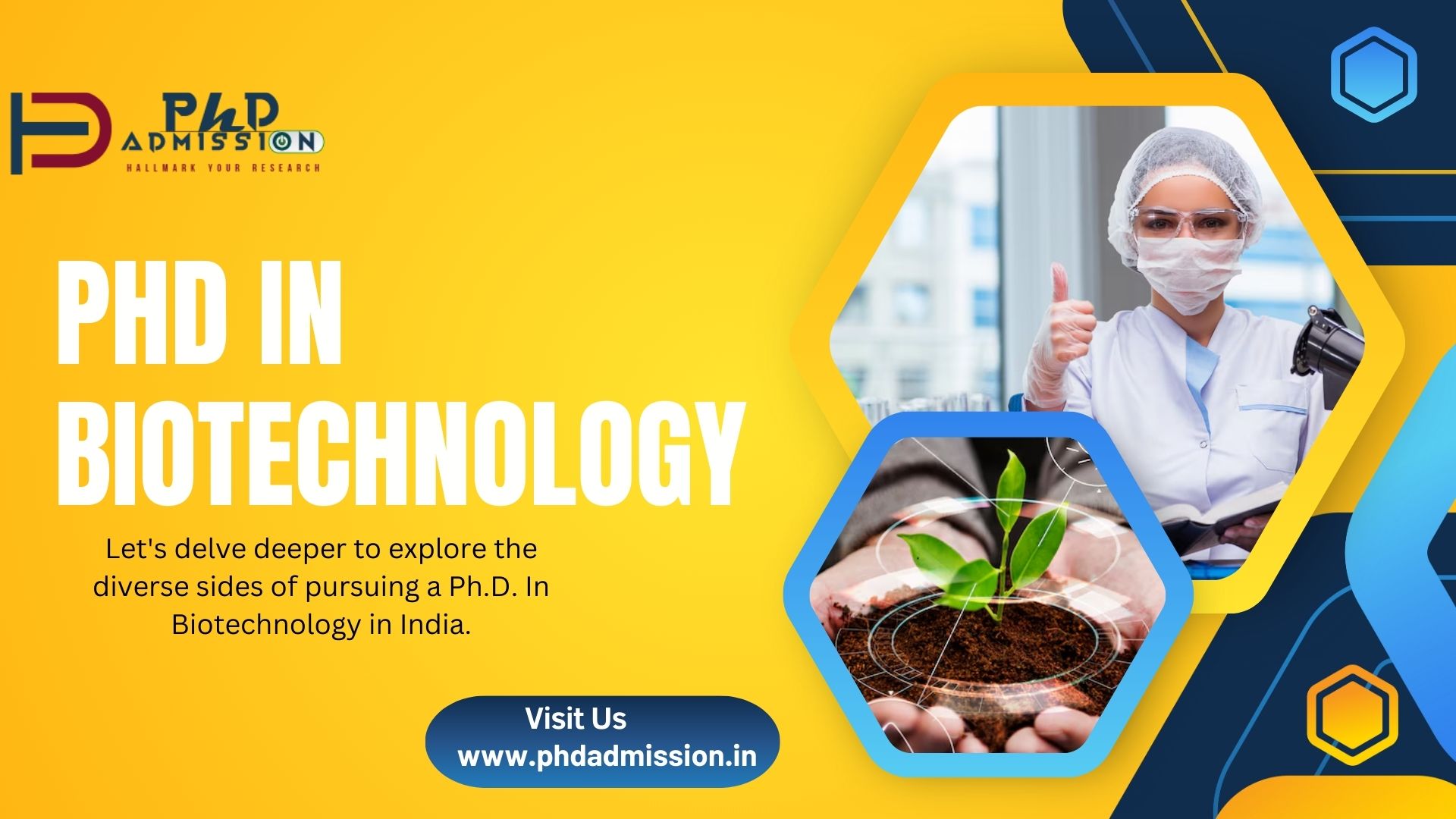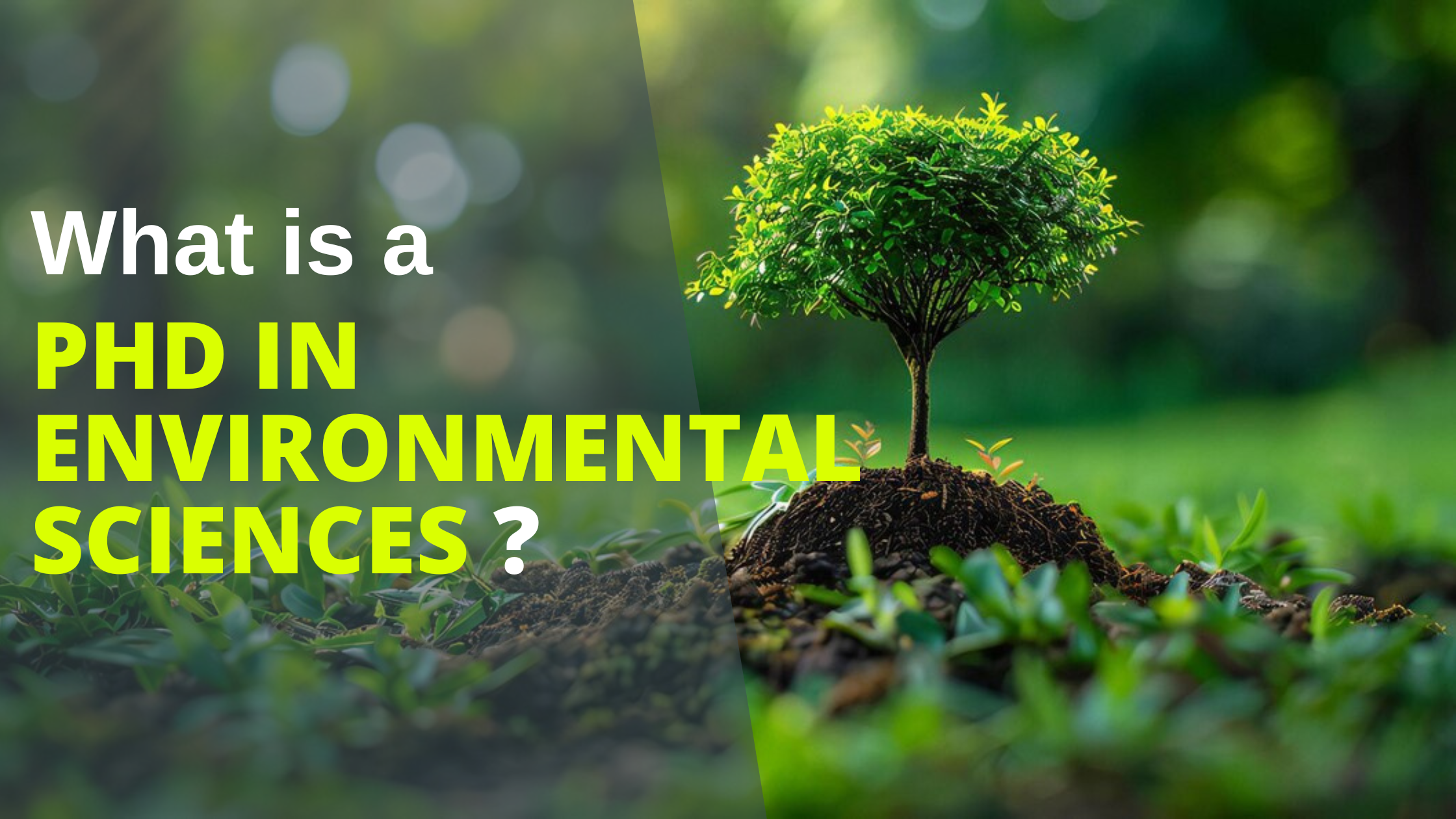PhD Admission 2024: Important Dates, Eligibility Criteria, Entrance Exams, Admission Process, and Top Colleges
Pursuing a PhD course is a crucial milestone for aspirants seeking to dream big by pursuing advanced education in various fields to contribute to academic research studies. Whether an aspirant looking to pursue higher studies, working professional looking to advance their career.
A Doctor of Philosophy is prepared to cater to all. This diverse field of advanced education in varied subjects opens a world of endless possibilities with innumerable future prospects. As we approach the 2024 academic year, it’s very much pivotal to stay updated on the PhD Admission 2024 process, eligibility criteria, important dates, entrance exams, and top colleges offering Ph.D. courses in various subjects. Let’s dig deeper for aspiring students to understand the journey toward achieving their advanced doctoral degrees.
Table of Content
- Highlights Of Course
- PhD Admission 2024 Process
- Application Details
- Entrance Exam
- Shortlisting
- Interview/ Viva-Voce
- Final Selection
- Enrollment:
- Eligibility Criteria for Ph.D. Admission 2024
- Educational Qualifications
- Entrance Exam Scores
- Research Proposal
- Work Experience
- Entrance Exams for Ph.D. Admission 2024
- Top colleges for Phd admission 2024
- Final Thoughts
Highlights Of Course
Basis | Course Details |
Duration | 3-6 Years |
Eligibility | At least 55% marks aggregate in graduation or post-graduation. |
Admission Process | Entrance Exams or Direct Admission |
Entrance Exam | CSIR UGC NET, UGC NET, IIT JAM, NPAT and Gate
|
PhD Specialization | PhD in Law ,PhD. in Economics, PhD in Applied Social Sciences & Humanities, PhD in Music and Fine arts, Ph.D. in Computer Science, PhD in Inter-Disciplinary & Applied Sciences and Engineering, PhD. in Mathematics, PhD. in Arts |
Career Prospects | Data Scientist, Research Consultant, Educational Administrator, Academic Researcher, |
Top PhD Universities
|
|
PhD Admission 2024 Process
The PhD 2024 admission process usually includes of several steps:
Application Details
- Aspiring students must fill out the application form which is readily available on the respective university’s official website. This consists of some major academic details, entrance exam scores, a research proposal, and other relevant documents and details
Entrance Exam
- Aspiring students who have not qualified for national-level PhD Entrance Exams need to prepare for the university-specific entrance test in order to qualify in accordance with the university’s guidelines.
Shortlisting
- Eligible students are selected by shortlisting based on the entrance test scores and various academic records, universities shortlist various aspiring students for the next stage, which usually includes viva voce or interview
Interview/ Viva-Voce
- The shortlisted candidates are called for an interview, where they discuss their research proposal with a panel of experts. This step assesses the candidate’s research aptitude, knowledge in the chosen field, and feasibility of the proposed research.
Final Selection:
- The final selection of candidates is entirely based on the candidate’s performance in the entrance exam, interview, and overall academic record. Successful aspiring students receive an offer letter for admission.
Enrollment:
- Shortlisted students need to complete the enrollment process by submitting the required documents and paying the admission fee.
Eligibility Criteria for PhD
Admission 2024
Eligibility criteria for PhD. course can differ by subject and depending on the university. Eligibility criteria for PhD as are below:
Educational Qualifications:
- A undergraduate, or Master’s degree or equivalent in the related field from a reputable university.
- Some universities may also need a minimum percentage to qualify like 55% or equivalent CGPA.
Entrance Exam Scores:
- Many universities require students to have qualified in national-level entrance exams like CSIR NET, UGC NET, GATE, or any such university-specific exams.
Research Proposal:
A well-prepared research proposal depicts the methodology, research objectives, and provided impact.
Work Experience:
- For certain times, previous work experience can be added as a great benefit to provide an edge over other people.
Entrance Exams for PhD Admission 2024
Entrance exams have great significance and importance in PhD Admission Process. Here are some entrance exams that are suitable for pursuing PhD:
- CSIR NET (Council of Scientific and Industrial Research National Eligibility Test)
- UGC NET (University Grants Commission National Eligibility Test)
- GATE (Graduate Aptitude Test in Engineering)
- ICMR JRF (Indian Council of Medical Research Junior Research Fellowship
- University-specific Entrance Exams:
Many universities conduct their own entrance exams. Examples include the Jawaharlal Nehru University Entrance Examination (JNUEE), Delhi University Entrance Test (DUET), and more.
Top colleges for Phd admission 2024
Here is the list of top PhD reputable universities to start your PhD journey:
- Capital University
- Mangalayatan University
- Sikkim Professional University
- UPES University
- University of Delhi
- Delhi Technological University
- Jamia Millia Islamia Sunrise University
Final Thoughts
Embarking on a PhD the journey is a demanding commitment that calls for careful planning. By knowing the critical dates, eligibility criteria, entrance assessments, admission procedures, and universities, aspiring applicants can better put themselves together to achieve their academic goals. Additionally, applicants should pay attention to making a proper plan, improving their academic profile, and gaining relevant research level in reinforce their Ph.D. courses.
The course to a Ph.D. is hard but immensely rewarding with endless possibilities to make meaningful contributions to the educational sphere and make significant advancements in your preferred subject. Good luck to all the aspiring doctoral applicants for PhD Admissions in 2024!






















